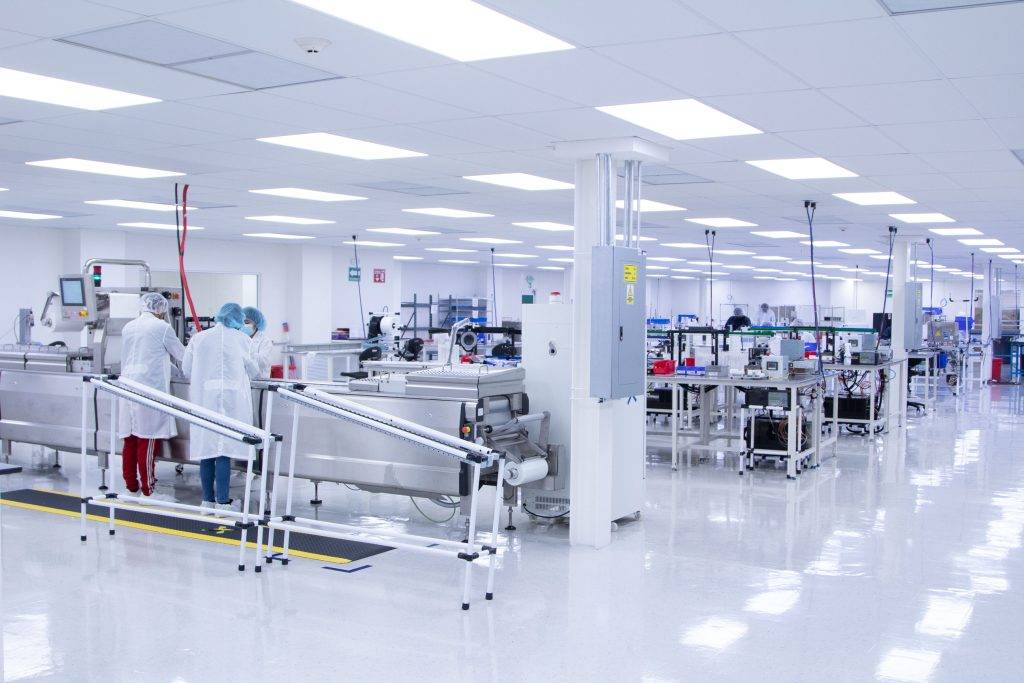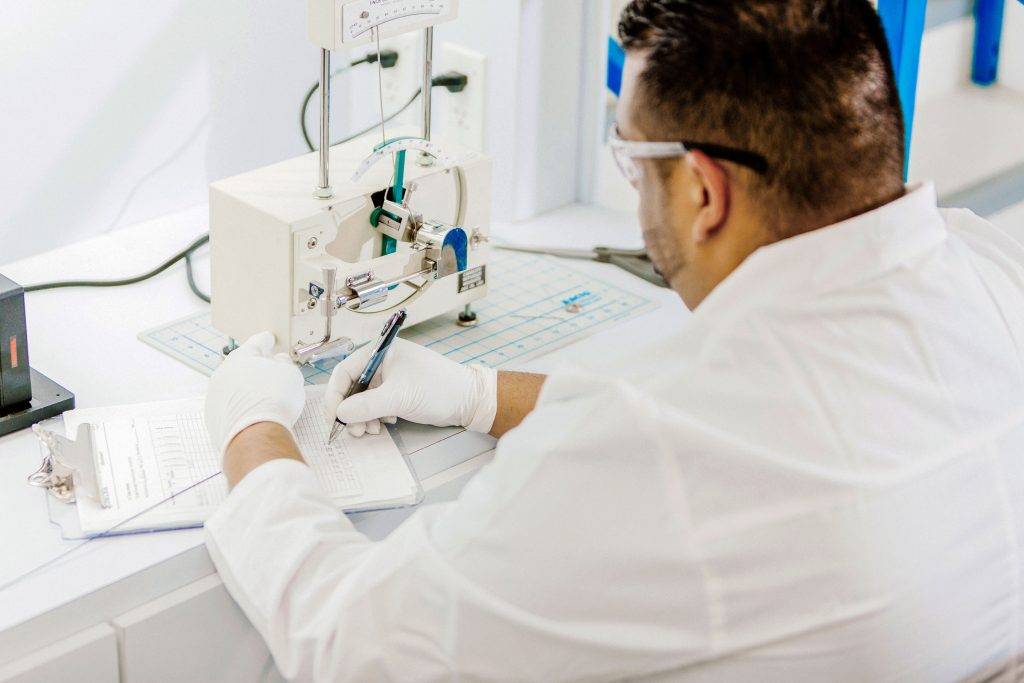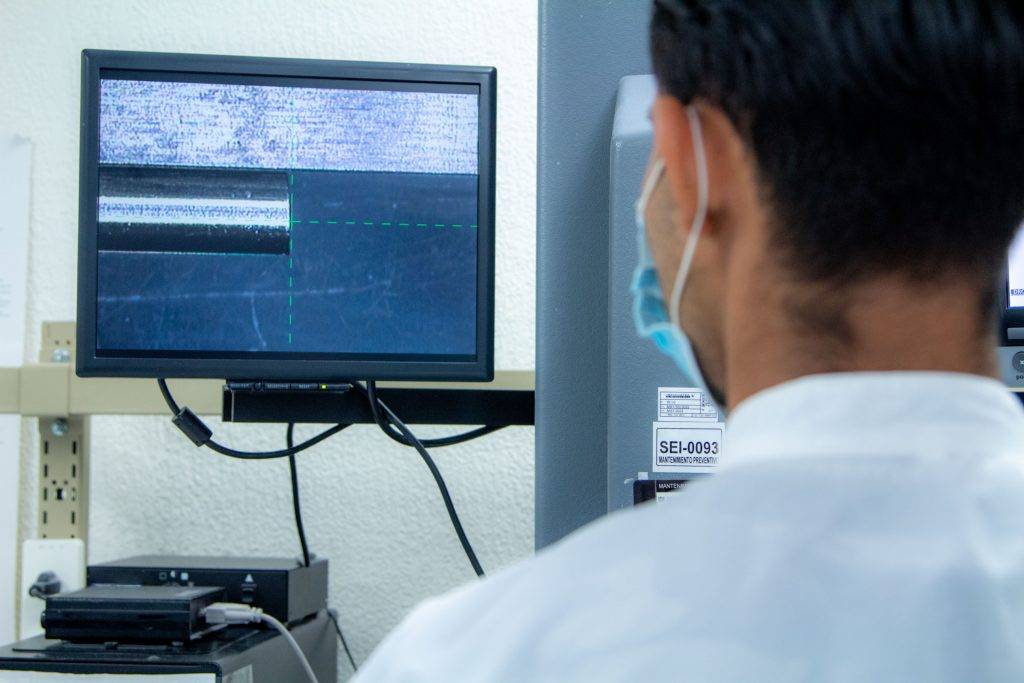In the medical devices industry, the validation processes of IQ, OQ, and PQ hold a crucial role in ensuring the safety and efficacy of the products. These processes are designed to verify the technical specifications and performance of the medical devices, ultimately contributing to their successful market launch and profitability.
Implementing these validation processes requires a dedicated and specialized approach, as they serve as a critical determinant in the quality and compliance of medical devices with industry regulations.
In this sense, the IQ, OQ, and PQ validation processes are fundamental components of the medical device industry, serving as a cornerstone in developing safe and effective products for patient use.
Importance of IQ, OQ, and PQ validation in the medical industry

The diversity of components in the medical sector gives place to elaborate specialized tools to reach efficient solutions for each need. For this reason, it is significant to have a verification process for each step in the piece’s creation: IQ, OQ, and PQ validation is the right way.
Especially in medical tools, one small error may be an issue in a patient’s health treatment. Therefore, a medical device’s manufacturing must be cared for in each step of the process to guarantee excellence in its performance.
IQ (Installation Qualification)
Installation Qualification (IQ) is the first step to highly qualified manufacturing. Before starting the component’s fabrication, it is essential to ensure each piece of machinery is ready to work correctly during the whole activity. IQ process includes the validation of the following:
- The general state of the installations.
- Power supply control.
- Updated documentation of each piece.
- Calibration in each mechanical piece
- Entire system and software functionality check
- Control over the environment.
- Safety check on each machinery and accident protocols.
This stage aims to guarantee a safe and conscious start to the production process of the pieces. Keeping the environment and machinery under control will be helpful to work efficiently in the following stages.
OQ (Operational Qualification)
Operational Qualification (OQ) is the next step in which the engineers check the ability of each technology to give off a good result on the customer request. In other words, it ensures that the technical procedures of each machine are working well to produce the part according to the design needs. OQ validation involves:
- Functional testing of all critical variables
- Test and modification of settings
- Worse case testing parameters (challenge parameters)
- Evaluate test results
After the IQ, OQ is necessary to ensure that the machinery works under the proper commands to make the component. An imprecise or untested configuration could cause a total mismatch in the production purpose and generate tremendous losses.
PQ (Performance Qualification)
In the end, performance qualification (PQ) is the confirmation of the result of the start-up. Despite having completed the previous steps carefully, it is crucial to maintain control during execution to avoid unforeseen failures. In this step, the engineers shall settle the following:
- Reviews of the complete process
- Capacity and consistency of the process
- Re-check of the test results
- Relevant observations for future production
In this way, the same quality production can restart in the future. Furthermore, it is the key to learning from mistakes and correcting future designs. This step can end the cycle or give continuity to a sustained series.
IQ, OQ, PQ: What is the difference?
You may ask why each step differs from the previous one regarding checking and validation. Well, it all keeps from different process requirements and is fundamental to make an exhausted control of each one in form. To make it the clearest, we can approve the following:
- IQ means it focuses on the preparation of the machinery.
- OQ meaning points (establishment of parameters) to test the work plan and system.
- PQ means orients to the results and to preserve proper functioning.
All of this must be coordinated for production to be efficient and profitable. Therefore, giving stable continuity to the IQ, OQ, and PQ Validation Process at the beginning of each new work plan is valuable. It is also essential to consider these aspects:


- Regulatory standards: verification process must comply with medical device regulatory standards for each country, such as the FDA in the US or the EU Medical Device Regulation.
- Medical device design: The design of a medical device requires high precision in ergonomics and special care for safety applications and the intervention of patients.
- Manufacturing processes: It is valuable to have a wide variety of manufacturing methods, applying new technologies, such as plastic injection molding, 3D printing, and additive manufacturing, to ensure modern production with the most efficient processes.
Not skipping any step or giving greater relevance to one over the other will be the way to satisfy the client and offer the highest possible quality. Production based on these principles will result in the elaboration of long-lasting products. In addition, it will increase profitability by avoiding defects in parts.
How we value the validation process in Seisa Medical
Due to our experience in component manufacture and supplements for medical devices, we know the importance of taking care of these processes. We share the passion for building elements from the latest technology to improve the quality of their employment in medicine.
We guarantee security and complete control in every part of the production to deliver high-quality in our show. Contact us to learn more about our security and control processes and to acquire our services.
